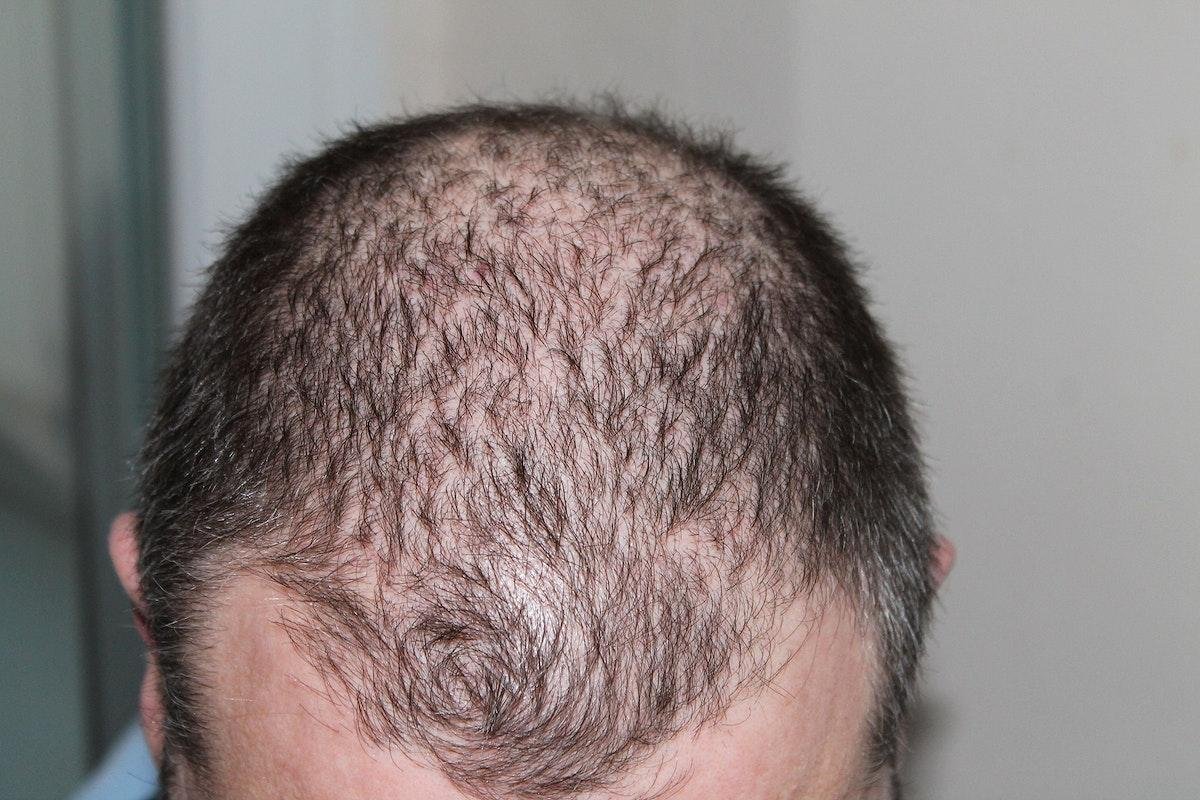Welcome to the article "The pros and cons of hair transplantation: an honest assessment". Hair loss can be emotionally draining and affects many people's self-esteem. It is therefore not surprising that many people turn to hair transplantation in their quest for a fuller, natural-looking head of hair. In this article, we take an objective look at the pros and cons of hair transplantation so that you can make an informed decision if you are considering the procedure. We look at reliable studies and customer testimonials to provide a comprehensive picture of the practical effects and results of hair transplantation. We also offer tips on what to consider before making a decision and discuss the potential risks. Continue reading for important information on hair transplantation and the benefits and drawbacks it offers.
The benefits of hair transplantation: an in-depth review and recommendations
Hair Transplant Pros and Cons: An Honest Assessment
Hair transplantation is a surgical procedure that helps affected individuals restore the density and fullness of their hair. While the procedure has many benefits, it is also important to understand its potential drawbacks. In this in-depth review, we will analyse the pros and cons of hair transplantation, and provide you with an honest assessment of the effects of this procedure.
The benefits of hair transplantation:
- Natural result: hair transplantation allows you to use your own hair, which guarantees a natural and long-lasting result. The new hair is carefully implanted to blend in with the hair in the neighbourhood and blend seamlessly.
- A permanent solution: hair transplantation is a sustainable method to treat hair growth disorders. Transplanted hair continues to grow and provides a permanent solution to the problem of hair loss.
- Improved appearance and self-esteem: hair loss can have a significant impact on a person's appearance and self-esteem. Hair transplantation allows for the fuller restoration of hair, which can improve appearance and increase self-esteem.

Hair transplantation disadvantages: objective assessment and recommendations
Hair transplantation is a surgical procedure that can help people who suffer from hair loss or baldness. While hair transplantation can offer a number of benefits, it is also important to understand its potential drawbacks. In this article, we offer an objective assessment of the pros and cons of hair transplantation and provide recommendations for those considering it.
Benefits:
- Hair transplantation can restore the natural appearance and self-esteem of those who suffer from hair loss.
- The result is permanent, because transplanted hair is usually permanent.
- The procedure is safe and usually free of inflammation and complications.
Disadvantages:
- Hair transplantation can be an expensive procedure that can be a financial burden.
- Transplanted hair may not grow back in the same way as natural hair, and often additional measures may be necessary.
- The recovery process can be long and cause temporary inconveniences such as scarring, swelling and pain.
Before considering a hair transplant, it is important to talk to your doctor and carefully weigh up the pros and cons. Every individual is different, and it is therefore important to make a decision based on your own needs and your doctor's recommendation.
When considering the pros and cons of hair transplantation, it is important to bear in mind that the decision to undergo such a surgical procedure is an individual one. In this article, we have tried to give an honest assessment of both the positive and negative aspects of hair transplantation.
Hair transplantation offers many people hope for solving the aesthetic concerns caused by baldness and hair loss. The procedure can restore hair's natural growth and give patients more self-confidence. Indeed, many patients are satisfied with the results and consider hair transplantation a life-changing experience.
On the other hand, it is important to understand that hair transplantation can also be associated with risks and disadvantages. Complications such as infections, scarring or failed results can occur in rare cases. In addition, the procedure can be quite expensive and require multiple treatments, which can be a financial burden for some patients.
It is also important to note that the results of hair transplantation can vary from person to person. It can take several months or even years for hair to regrow, and some patients may not get the results they want, so it is important to set realistic expectations and discuss with your doctor before making a decision.
In conclusion, hair transplantation can offer many people a solution to the aesthetic concerns caused by baldness. While the positive effects of the procedure are often significant, it is important to consider the potential harms and risks. The most effective way to assess the suitability of hair transplantation for your situation is to talk to a professional.
